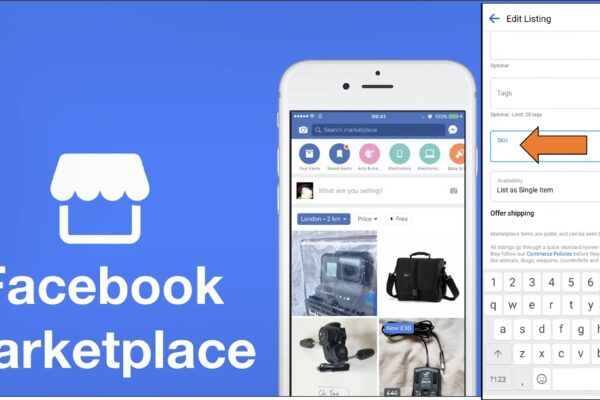Credit card debt consolidation is a financial strategy that combines multiple credit card balances into a single monthly payment. It’s most effective when the new loan has a lower interest rate than the average of all of your plastic. This can result in more doable payments, a shortening of your payoff period and less money out of pocket overall.
While it can be a valuable tool, consolidation requires planning to work.
With that in mind, here are some reasons credit card consolidation fails and how to avoid them.
Not Uncovering Underlying Issues
Debt consolidation works. But if you don’t delve into the issues that got you into trouble, you likely won’t change your ways. Let’s be honest: were you to erase your debt today, if you haven’t dealt with your spending issues, you’ll find yourself back in the same shape or worse.
So, spend some time honestly assessing how you wound up in debt, then create a plan to ensure that you won’t be here again. Steps to get at the root cause of your situation include:
— Go through your credit card statements, monthly bills, receipts, and other expenditures and establish a detailed listing of your spending to identify the main culprit.
— Track your outlays to see where your cash is going.
— After you’ve pinpointed the deleterious behavior, create a budget or plan and stick with it.
Not Exploring Options
It’s important when pursuing credit card debt consolidation that you don’t go with the first type you come across without making sure it’s the right approach for you.
Make sure you know your options. Those include:
Balance transfer. This is shifting all your credit card obligations onto a 0% credit card, or at least a low-interest one.
Line of credit. This involves opening a personal line of credit to clear all your debt.
Debt consolidation loan. This strategy entails getting a loan to cover your high-interest debt — usually credit cards.
Not Controlling Your Spending
Consolidating debt into a loan shakes free significant cash. If you don’t watch out, you might run through it and heighten your chances of falling into debt again. So, make sure you go into consolidation intending to do right.
Consider avoiding using your plastic until you’ve eradicated your debt. If you seriously doubt you have the discipline, you may have to take the drastic step of cutting up your credit cards. Or you can always ask your issuer to lower your cards’ limits.
Not Having a Good Repayment Plan
It’s a terrific feeling to have consolidated your debt, for sure. However, unless you have a solid plan to repay the loan, you could find yourself sinking again.
If you intend to only make minimum payments, you’ll need years to pay the loan off. And if you continue to add more debt, you’re going to have a long and bumpy ride trying to get to a debt-free life.
Not Having an Emergency Fund
When you’re focused on paying down debt, it’s easy to forget about putting aside money for unexpected expenses. And, you know what usually happens when emergencies crop up: you pull out the card. Try to save at least three months’ living expenses — six is ideal.
Not Choosing a Shorter Repayment Term
It’s tempting to pick that longer repayment tenure to keep your monthly payments small. Just know that you’ll end up paying more in interest over time, even if your APR is lower.
So, now that you know some of the reasons credit card consolidation fails and how to avoid them, you can consolidate your obligations with confidence that you will soon be back on the right financial path.





